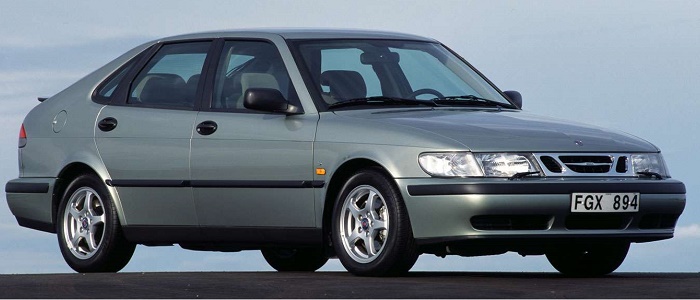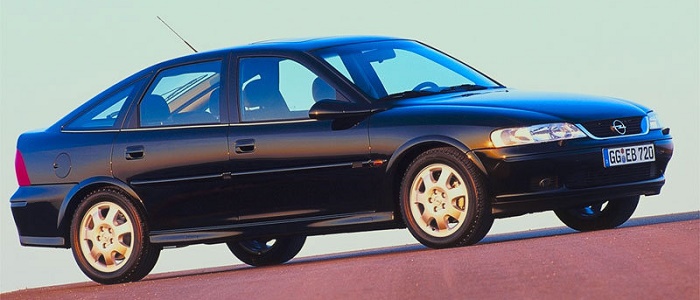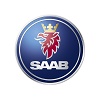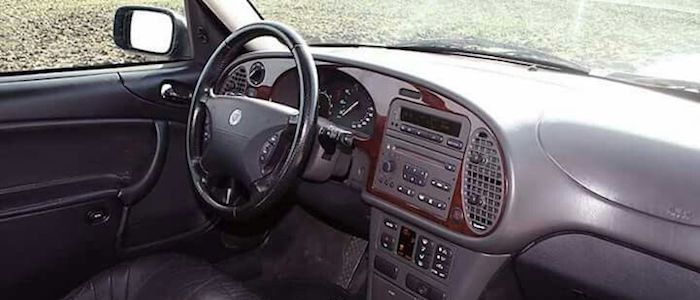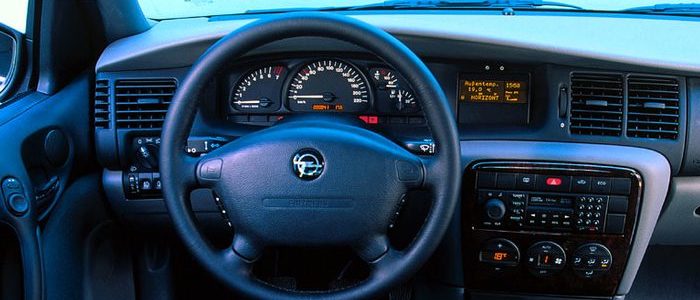Compare two cars
Compare any two cars and get our Virtual Adviser™ opinion
Marketing
Dimensons & Outlines
Engine
2.0 X20XEV
Performance (manual gearbox)
Performance (automatic gearbox)
Expenses
Virtual Adviser's™ opinion
Well, these are two pretty similar cars we have here! It's only details that could potentially make the difference. Considering they both belong to the large family car segment and utilize the same 5-door hatchback body style and the front wheel drive system, it all comes up to the specific petrol engine choice they offer. The first one has a SAAB-engineered powertrain under the hood, a 4-cylinder, 16-valves 150hp unit, while the other one gets its power and torque from a 4-cylinder, 16-valves 136hp engine designed by Opel.
SafetyBoth vehicles got tested by European New Car Assessment Programme (Euro NCAP), with the SAAB being a slightly better choice apparently. That aside, let's consider some other aspects which affect safety. Both vehicles belong to the large family car segment, which is generally a good thing safety-wise, still it doesn't help us solve our dilemma, does it? Furthermore, if we'd like to consider vehicle mass in this context too, which we definitely should, the Swedish car offers a marginal difference of 3% more metal.
ReliabilityI don't like generalizing things when it comes to reliability, although it does seem that both brands display similar results in faults and breakdowns, all the models observed together. These are the official statistics, while our visitors describe reliability of SAAB with an average rating of 4.1, and models under the Opel badge with 4.2 out of 5. Some independent research have also placed 9-3 as average reliability-wise, and Vectra is more or less at the same level.We should definitely mention that owners of cars with the same powertrain as the Swedish car rank it on average as 4.9, while the one under the competitor's bonnet gets 5.0 out of 5.
Performance & Fuel economySAAB is undoubtly more agile, reaching 100km/h in 1.5 seconds less than its competitor. Still, it lacks the power to win the top speed competition, topping at 215 kilometers per hour, exactly the same as the other car does. When it comes to fuel economy things look pretty much the same for both cars, averaging around 8.8 liters of fuel per 100 kilometers (32 mpg), in combined cycle.
Verdict
Opel appears just a bit more reliable, although the difference is truly marginal. The most important thing when deciding between any two vehicles should always be safety, both passive and active. In my opinion, everything taken into account, the Swedish car offers much better overall protection, which launches it ahead of the other contender. It all continues in the same direction, with SAAB being considerably quicker, thus putting more smile on driver's face. It does come at a cost though, and that's the fuel consumption... I believe that, when we take all into account, we have only one winner here - the SAAB. Anyway, that's the most objective conclusion I could've came up with and it's based solely on the information found on this website. Aspects such as design, practicality, brand value and driving experience are there for you to measure them out. I suggest you spend two more minutes in order to find out which car, based on your needs and budget, would be picked by the virtual adviser™, out of 12.000+ vehicles we currently have in our database.























